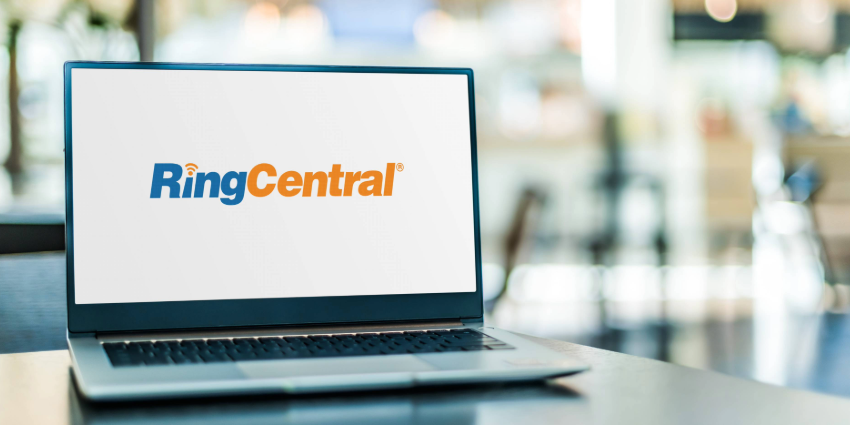How does a company that manages the day to day minutia of keeping business continuity plans on track for their clients cope with the effects of Coronavirus themselves – what lessons are being learnt for the future?
Databarracks Managing Director, Peter Groucutt, describes his business as a concierge service, a managed services provider of business continuity plans for SMEs.
“Typically, directors and managers in SMEs are way too busy doing their day jobs to give much thought to keeping the business running and spend time on planning out how to cope with emergencies”
“We are the guys that do all that, making sure all the pieces are in place. The vast majority of continuity plans cater for a maximum of a 14-day hiatus and are built around a single significant event happening, say an ISO certification or a supplier audit. Once completed it’s a return to the day job till the next cycle comes around.
Coronavirus has completely changed that dynamic; this is very different to a fire knocking out the building next door.
Pandemics pose much broader risks, they are top right on the threat matrix, but few plans include them because they are so rare.”
How have teams adapted with comms strategies that work well?
“The comms and collaboration applications need embedding early to make them as effective as possible. Suddenly the company Tech Team is our greatest friend and extending apps such as SharePoint and Video to home workers to keep all the stand-up meetings working.
Chunks of time need to be effectively used; key strategic points and issues need to be focused – companies need to be aware of issues that disappear down rabbit holes.
For home workers time management will be key, balancing time sensitive tasks versus regular administrative tasks. Whole chunks of the day could be working, other chunks spent looking after the kids. Companies that understand this are thriving.
Already we are getting reports that productivity has improved; there’s no travelling hours to clients for a 60-minute meeting and then turning around for hours back again. Now, everyone is jumping on a call and then jumping off. I’ve not noticed any loss of personal contact.
As for going back to the way it was pre-virus, I hope it doesn’t go back. We can add more value to customers by having more time for client conversations. We need to make sure that time is invested wisely and manage how that collaboration extends throughout teams.
In the morning we are holding 15-minute chunks, or sprints as we call them, for daily sales, finance and tech meetings and I now feel more connected to the beating heart of the business. I’m enjoying it.”
Groucutt says that one thing he is unsure about at the moment are the people issues.
“Some are thriving and focused while others are struggling without their personal support networks and are missing the emotional support the office provides. We are providing pastoral support three times a week, trying to put fun events in place such as quizzes and prizes for the best lunch of the day.”
“It’s important to keep an eye on the psychological effects and provide 1-2-1s where needed”







